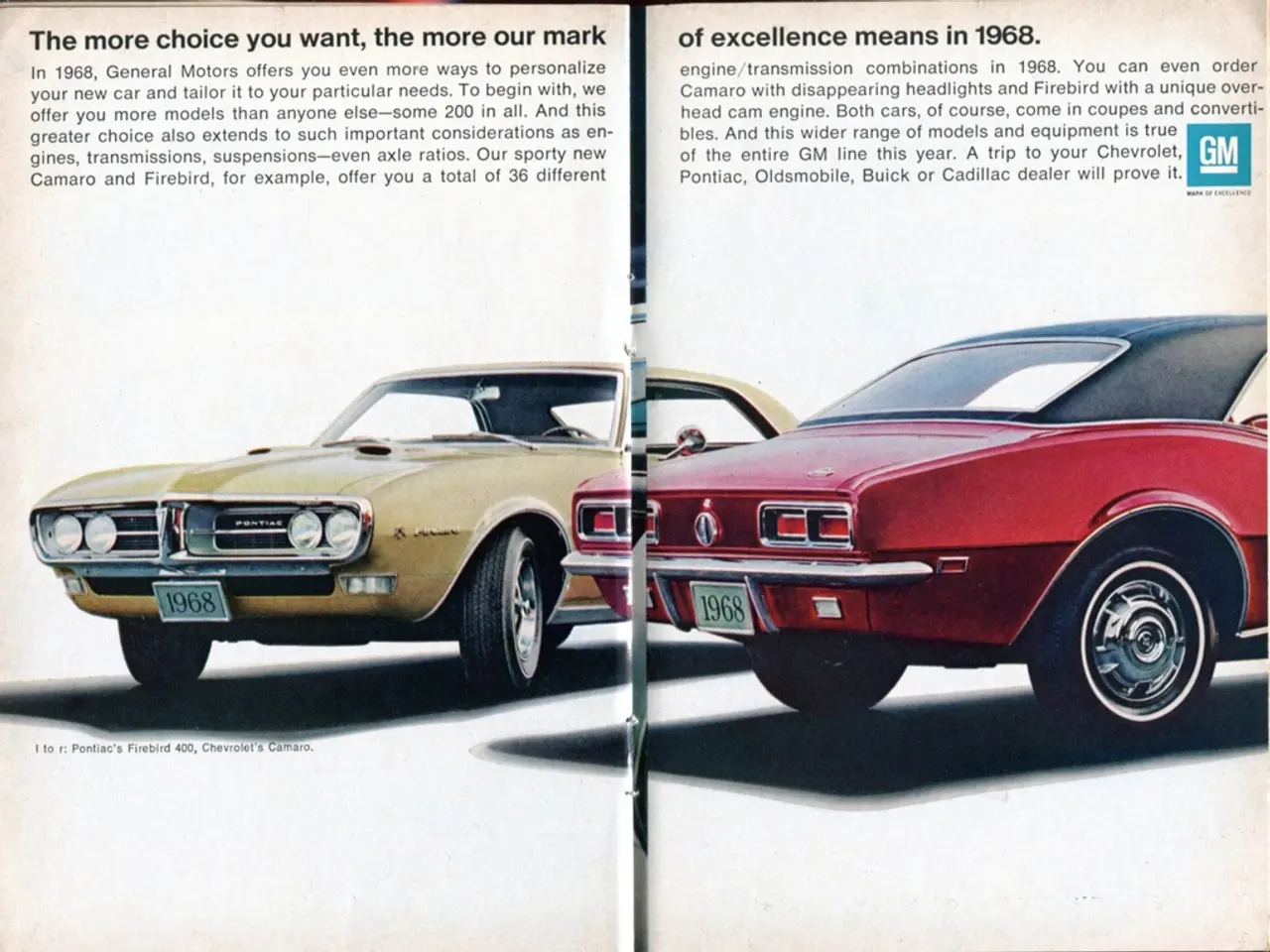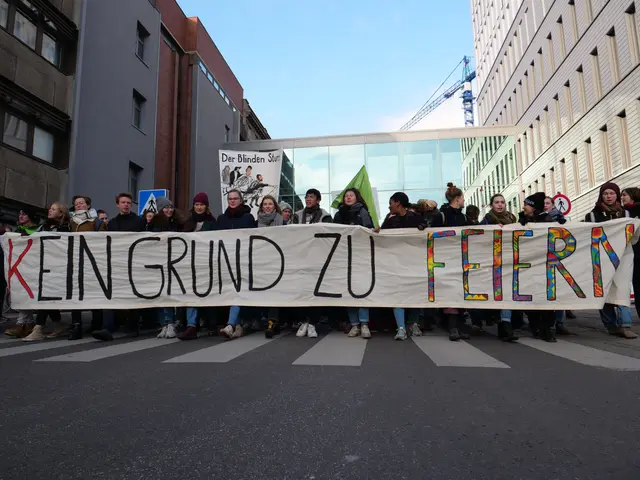Schmidt's New Doc 'Anger. Now we're driving to the West' Spotlights NRW's Growing Discontent
Award-winning filmmaker Matthias Schmidt has released a documentary titled 'Anger. Now we're driving to the West', focusing on the growing discontent in North Rhine-Westphalia (NRW), Germany's most populous state. Schmidt, a native of NRW, explores the region's political and social changes, offering a unique perspective on contemporary German society.
Schmidt's film reverses the traditional approach of Western journalists visiting the East to claim understanding. Instead, he turns the lens on his home region, NRW, which has experienced industrial decline similar to the East. Through conversations with locals, East German transplants, and those with migrant backgrounds, Schmidt uncovers a growing anger about government failure and the gap between people's desires and political decisions.
Uwe Ziebuhr, a pub owner in Wattenscheid, comments that 'everyone has built up the wall a little bit for themselves again', reflecting a sense of isolation and disillusionment. Schmidt's personal connection to NRW, having first visited in 1989, lends authenticity to his exploration of the region's complexities. The documentary also highlights NRW's historical and cultural diversity, from the Ruhrgebiet to the Münsterland, and its relevance as a political and social barometer for Germany.
Schmidt's documentary, 'Anger. Now we're driving to the West', serves as a mirror for Germany's societal shifts, particularly in its most populous state. By focusing on NRW, Schmidt challenges traditional perceptions and reveals the West's own struggles with immigration, discontent, and change. The film underscores the importance of understanding and addressing these issues to foster a more cohesive and inclusive society.
Read also:
- American teenagers taking up farming roles previously filled by immigrants, a concept revisited from 1965's labor market shift.
- Weekly affairs in the German Federal Parliament (Bundestag)
- Landslide claims seven lives, injures six individuals while they work to restore a water channel in the northern region of Pakistan
- Escalating conflict in Sudan has prompted the United Nations to announce a critical gender crisis, highlighting the disproportionate impact of the ongoing violence on women and girls.






